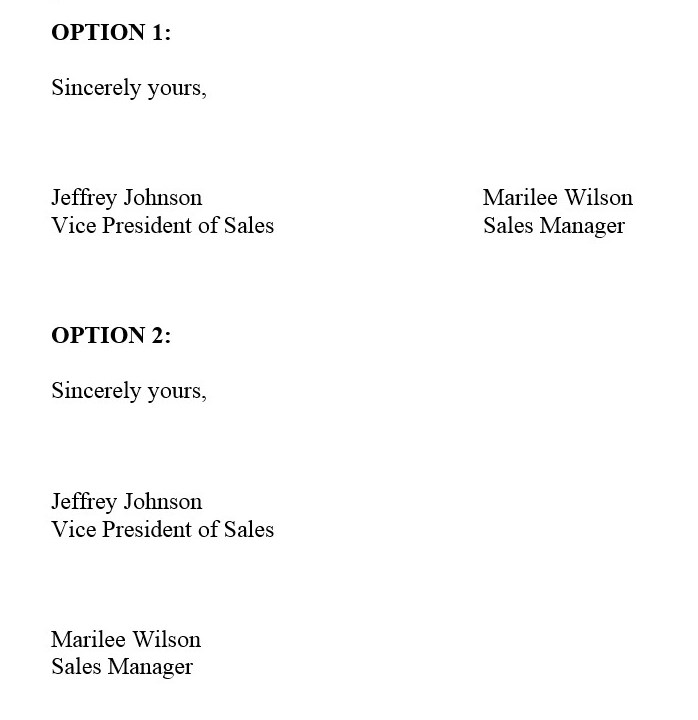Work and business relationships are complex, held together by mutual respect and professionalism. The stress of a job and focus on career advancement and salary puts a toll on even the best work relationships, and mistakes made can upset the harmony in the workplace.
We All Make Mistakes
As humans are not perfect. We will inevitably make a mistake at work, from simple miscommunication to coming in 10 minutes late. Some of these mistakes require a simple, “I am so sorry,” or “Please forgive me, it won’t happen again.” Things like spilling coffee on your coworker, accidentally eating their sandwich from the break room refrigerator, or misplacing office stationery all fall into this category of simple apologies.
However, what about when you disrupt an important meeting? Perhaps you sent out a misleading email? Sometimes that innocent joke does not go over as planned and you insult your boss on an off day. How do you apologize for these kinds of mistakes in a sincere yet professional way?
It’s Not Too Late to Apologize
While these situations all vary in gravity, there are specific outlines for an excellent professional email apology that can be used as a framework. Instead of sitting in worry about how it will impact your job and the relationship with your coworkers, it is better to step into action and apologize.
Here are eight simple but critical steps to follow to ensure your email apology is professionally acceptable and well-received:
1. Apologize as Soon as Possible.
This is a gentle but firm reminder. All these steps are useless to you if you don’t follow this one step. Do not let it fester. If you messed up this morning; your apology email should be sent by noon. As soon as you realize you made a mistake you should begin to craft your apology email.
It will be tempting to sit on it, try to talk yourself out of it, or simply ignore it and hope they forget. But remember, as you try to get out of it, they are also thinking about your mistake and its consequences. Don’t give them time to do so. The only way to maintain respect at work will be to immediately apologize.
2. Start with the Apology.
Now that you have started your apology email, get right to it. Do not mince your words. Work communications should be brief and to the point. A rambling 16 paragraph email from a coworker is not the formula for an email looking for forgiveness. Simply begin by writing, “I am sorry about my rude interruptions in today’s morning meeting,” or “I want to apologize for my tardiness this past week.”
3. Own Up to It.
The mature and responsible thing to do is to own up to your mistakes: no excuses, no blaming, no trying to weasel your way out of accountability. Acknowledge that yes, you were wrong.
“I am sorry, but…” or “I am sorry if you felt like…” are not apologies. These are cop-outs. Simply admit that you were wrong. Do not make it seem like you live your life as a victim of circumstance with no control of how to react. Giving excuses for a mistake, even if they are valid, just shows you are not mature.
4. Give Brief Detail of the Situation.
Notice that the details must be brief. Do not launch into a three-part explanation about what went wrong. Give necessary details on what happened without over-explaining. For instance, it is acceptable to say that you woke up late or you had to return home to change after an unfortunate wardrobe mishap at the bus stop. You need to make it clear that you know what went wrong without letting your feelings get involved. Keep it factual, professional, concise, and precise.
5. Acknowledge Any Damage Done.
This one is a tricky one because it involves true humility. If you were overhead by your boss gossiping about them, then you have to acknowledge that you hurt their feelings, negatively impacted their trust in you, and showed childish behavior.
If you missed an important deadline that cost the company money you have to acknowledge the cost and the loss of profit. If you sent the wrong email and had people working on irrelevant things, you have to apologize for the time wasted and the eventual overtime they have to spend to finish the correct task.
Empathize with the wronged party; do not try to downplay the damage you have caused or ignore it. Clearly outline it so the impacted party realizes that you understand how wrong you were and how hurt or inconvenienced they are. Use phrases like, “That was wrong because…” or “I understand this was an inconvenience to you…”
6. Offer to Make up For It.
If it is possible, offer to make amends for your mistake. Whether it is taking unpaid overtime to correct your work or landing a new client by a certain date. Sometimes it can be as simple as buying that person lunch. The gesture alone shows that your apology is sincere and you’re willing to follow through. It also shows you are mature enough to face the consequences of your actions without being prompted.
7. Promise to Change — and Really Do.
This is key to rebuilding your work relationships after any mistake. If you were caught gossiping once and you apologize, but then are caught again two months later it shows that your apology was just for show. If you are late this week, then next month you are late again after sending an apology email, then it spells insincerity.
Actions speak louder than words. Yes, do write in your email, “In the future, I promise to double-check each email before I send it.” But make sure you really do. A promise is like a like a check and you have to have the money in the bank to pay it.
8. Ask for Forgiveness:
“I sincerely ask for your forgiveness.” This is a powerful statement. Not only have you already apologized, but have shown that you recognize the need for and the power of the other person’s forgiveness of your mistake. Hopefully, this will open the door for reconciliation and working together in the future.
Breathe Easy
You have taken the correct, professional steps for your professional-sized misstep. You’ve apologized, owned up to your mistakes, and asked for their forgiveness. Now it is up to the other party. Do not over apologize, just promise to do better next time, and stick with your word.






